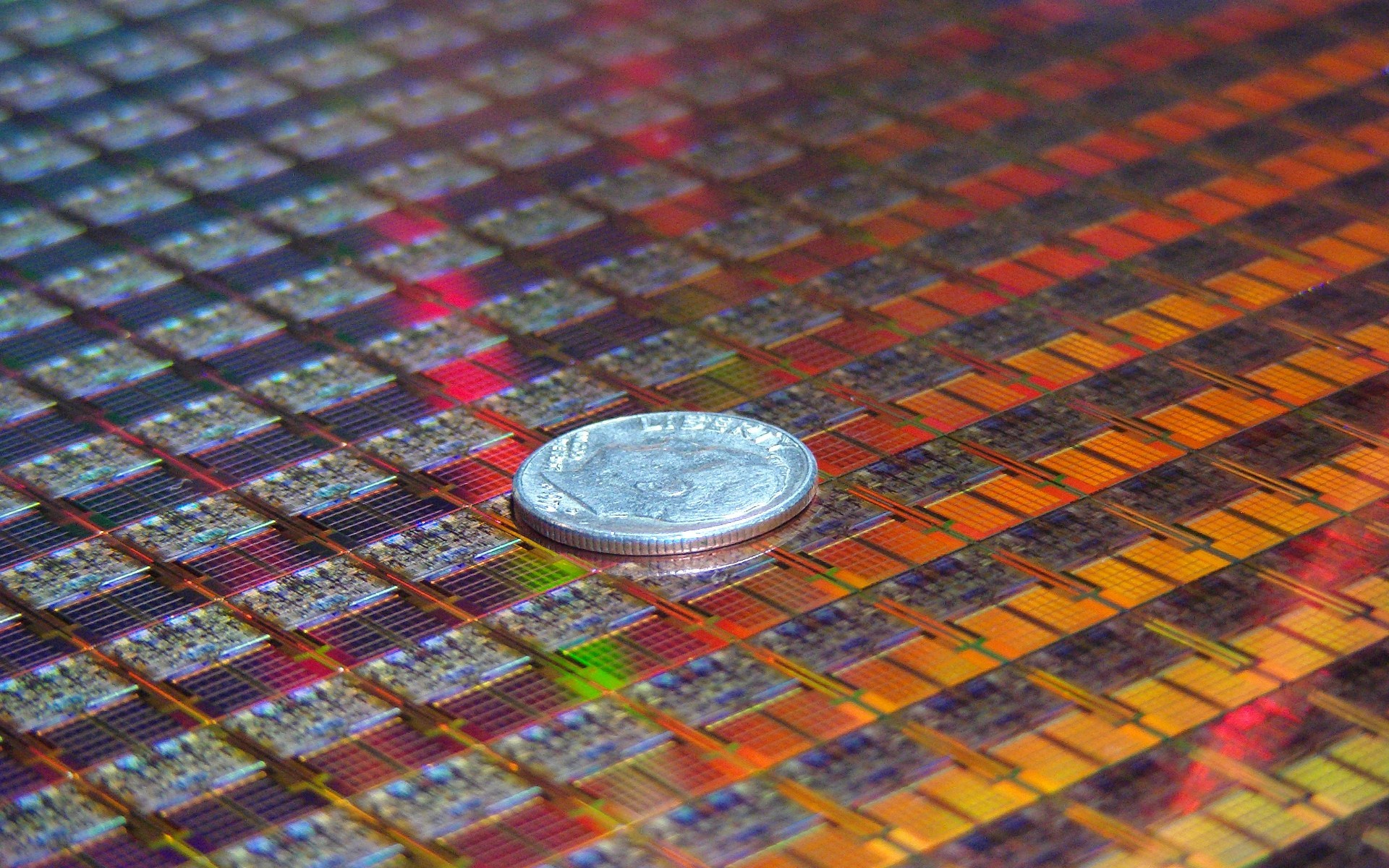NEC Says Its Memory Saves Info Without Power
NEC claims to have developed content addressable memory (CAM) that delivers the same non-volatile data storage performance with and without power supply.
Get Tom's Hardware's best news and in-depth reviews, straight to your inbox.
You are now subscribed
Your newsletter sign-up was successful
The new CAM apparently uses spintronics features, which take advantage of the negative charge of electrons as well as magnetic spin characteristics. Using the vertical magnetization of vertical domain wall elements in reaction to magnetic substances, NEC says that technology is able to store data without consuming power.
CAM is generally much faster than standard RAM, since it searches its entire content within one operation. However, CAM is much more expensive to manufacture as it has larger, more complex storage cells that include comparison circuits, and CAM is traditionally also more power hungry as well. The fact that NEC now has CAM that can operate while cutting off its power source appears to be an astonishing achievement.
The company also claims that it has substantially reduced the size of the CAM: The new memory is about 50% smaller than previous CAMs. NEC is showcasing its invention at the VLSI Circuit Symposium, which is currently held in Kyoto, Japan. There was no information when the power-less CAMs will be commercially available.
Get Tom's Hardware's best news and in-depth reviews, straight to your inbox.

Douglas Perry was a freelance writer for Tom's Hardware covering semiconductors, storage technology, quantum computing, and processor power delivery. He has authored several books and is currently an editor for The Oregonian/OregonLive.
-
11796pcs It's only a matter of time before the comment I think is going to pop up, pops up so I'll just get it out of the way:Reply
Can I use it to play Crysis? -
guardianangel42 11796pcsIt's only a matter of time before the comment I think is going to pop up, pops up so I'll just get it out of the way:Can I use it to play Crysis?Reply
No. No you can't. Because Crysis can't be played; it plays you.
Think about that one. -
11796pcsIt's only a matter of time before the comment I think is going to pop up, pops up so I'll just get it out of the way:Can I use it to play Crysis?Reply
If your computer can use CAM it most certainly will!
guardianangel42No. No you can't. Because Crysis can't be played; it plays you.Think about that one.
Touché my friend. -
billyboy999 Not 100% in what context this article is using 'CAM' with, but CAMs aren't random access, they're 'all-access', meaning you don't give it an address and get back data, you give it data and it returns you matching addresses. They are usually used for things like L1 caches, register files, reorder buffer, renaming table, TLBs, etc. Usually not for RAM.Reply -
warezme how many years have we been hearing of this type of memory, only to never have it developed or commercialized for being ridiculously hard to manufacture to the point of being of non commercial value or so non standard and proprietary that the industry is unwilling or unable to make use of it. So tired of this crap. Wake me when I can by some actual standard DIMMS of this from Newegg.Reply -
husker warezmehow many years have we been hearing of this type of memory, only to never have it developed or commercialized for being ridiculously hard to manufacture to the point of being of non commercial value or so non standard and proprietary that the industry is unwilling or unable to make use of it. So tired of this crap. Wake me when I can by some actual standard DIMMS of this from Newegg.Why do you even want it? I'm all for technology advancement, but even if it were available today how would it improve your computing experience? I expect even if you had memory with infinite speed that used no power, all the other speed bottlenecks and power hungry subsystems in PC architecture would kick in with little net gain.Reply -
billyboy999 huskerWhy do you even want it? I'm all for technology advancement, but even if it were available today how would it improve your computing experience? I expect even if you had memory with infinite speed that used no power, all the other speed bottlenecks and power hungry subsystems in PC architecture would kick in with little net gain.Oh no. Computers would see a huge gain in performance if we had faster memory, and everything else was redesigned to take advantage of it. Memory is the slowest thing in a computer apart from hard drives and stuff. For example, if we had memory that was infinitely fast, we wouldn't need L1/L2/L3 caches, leaving all that real estate open for more computing power.Reply
